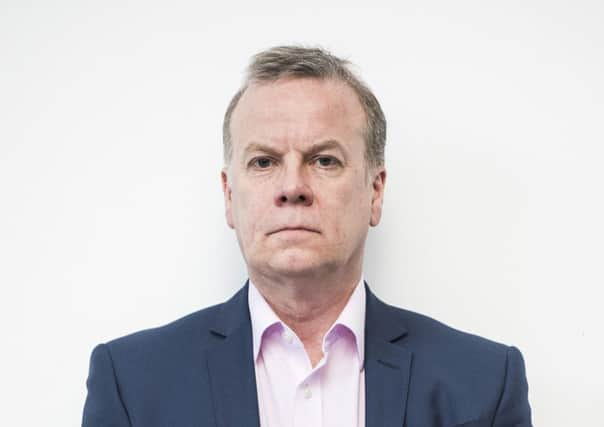Comment: Osborne plays waiting game on Lloyds


Sadly, the frequency of these revelations is so commonplace that they have lost their ability to surprise, let alone shock.
The £1.8 billion announced by Lloyds Bank takes its total provision close to an eye-watering £10bn. Sadly for Lloyds, it has taken the shine off a recovering trading situation. Underlying profits are expected to be sharply up when it unveils full-year figures a week on Thursday.
Advertisement
Hide AdAdvertisement
Hide AdAnd although the horror story that is PPI shows no sign of ending, it is the delay to the resumption of dividends that has most disappointed shareholders. A return to the dividend list was expected in the spring. A date sometime towards the end of this year for declaring the final dividend now looks more likely, with a payout in the first half of next. Investors had also been hoping for a bigger commitment than that proposed.
As for selling more of its shareholding, the Treasury is not committing itself to a retail offering – selling shares to the public – though a betting man would put money on it.
The Treasury appears to be in no rush to sell with a source telling me yesterday that the government is prepared to hold off until the time is right.
Investors would normally regard this as a time when the price is right. But it is more likely to be when it suits Chancellor George Osborne’s own timetable. After all, he and his party colleagues have a general election looming next year and a successful sale of more Lloyds shares in the run-up to polling day would be no bad thing politically as well as commercially.
Big oil no longer guarantees big returns
INVESTORS looking for a safe deposit box could once rely on the oil companies and British giant BP in particular. The Gulf of Mexico disaster put paid to that guarantee.
But could BP be coming back in favour? Michael Hewson, chief market analyst at CMC Markets, says the company has been steadily recovering from the disaster that saw the shares plummet to a low of 289p in 2010. While legacy and legal issues will hang over it for some time to come, the shares are now trading between 400p and 500p and, crucially, it has resumed dividend payments, as well as shedding assets and untangling its tie-up in Russia.
But BP no longer offers a one-way growth story. Problems remain in the US and its diversification opportunities are fewer than Shell’s, despite the latter’s recent profits warning and problems in Nigeria. Big oil still offers big prospects, but investors should tread warily.